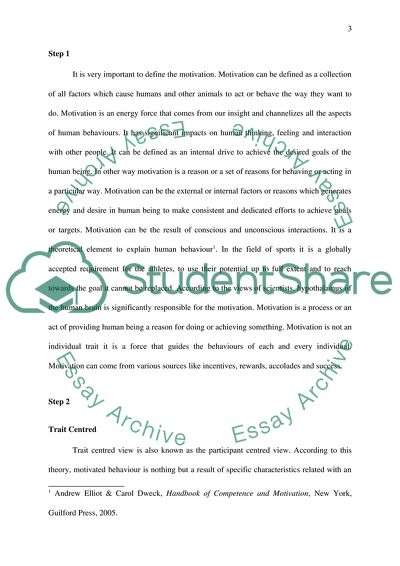Cite this document
(Motivation That Boosts the Psychology of a Sportsperson Term Paper Example | Topics and Well Written Essays - 3500 words, n.d.)
Motivation That Boosts the Psychology of a Sportsperson Term Paper Example | Topics and Well Written Essays - 3500 words. https://studentshare.org/sports-and-recreation/1841853-sports-psycology-motivation
Motivation That Boosts the Psychology of a Sportsperson Term Paper Example | Topics and Well Written Essays - 3500 words. https://studentshare.org/sports-and-recreation/1841853-sports-psycology-motivation
(Motivation That Boosts the Psychology of a Sportsperson Term Paper Example | Topics and Well Written Essays - 3500 Words)
Motivation That Boosts the Psychology of a Sportsperson Term Paper Example | Topics and Well Written Essays - 3500 Words. https://studentshare.org/sports-and-recreation/1841853-sports-psycology-motivation.
Motivation That Boosts the Psychology of a Sportsperson Term Paper Example | Topics and Well Written Essays - 3500 Words. https://studentshare.org/sports-and-recreation/1841853-sports-psycology-motivation.
“Motivation That Boosts the Psychology of a Sportsperson Term Paper Example | Topics and Well Written Essays - 3500 Words”. https://studentshare.org/sports-and-recreation/1841853-sports-psycology-motivation.


